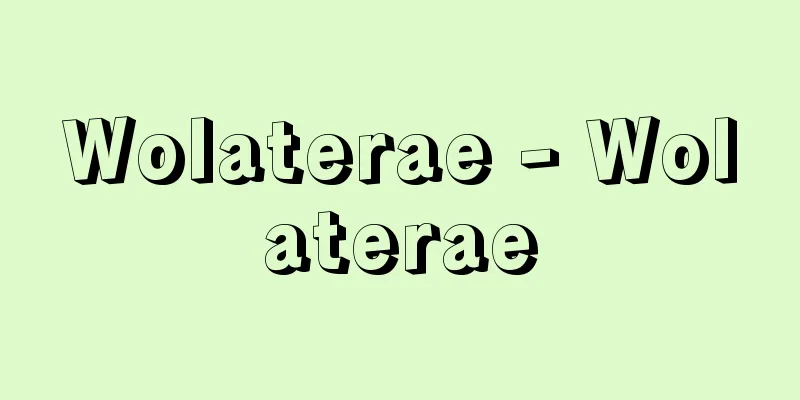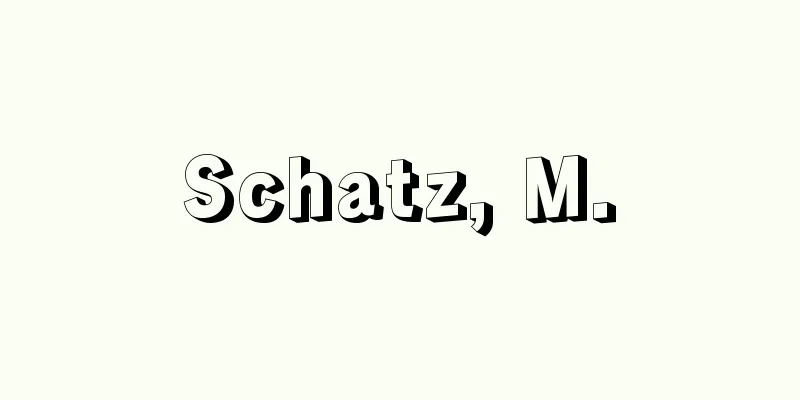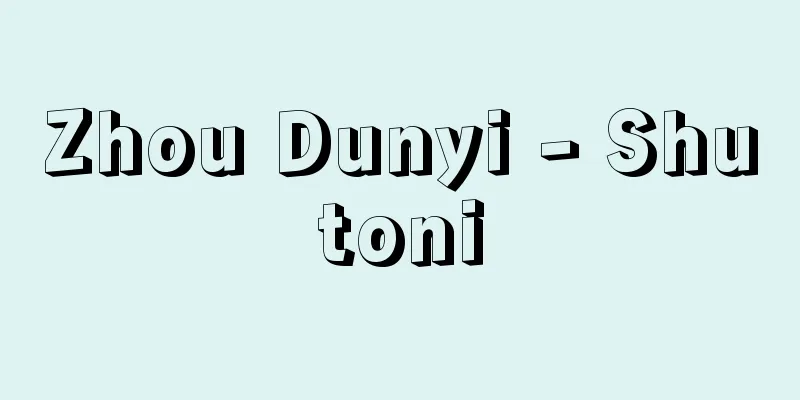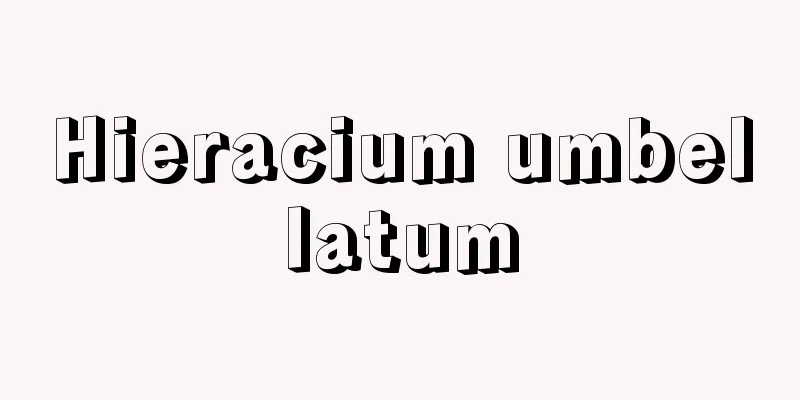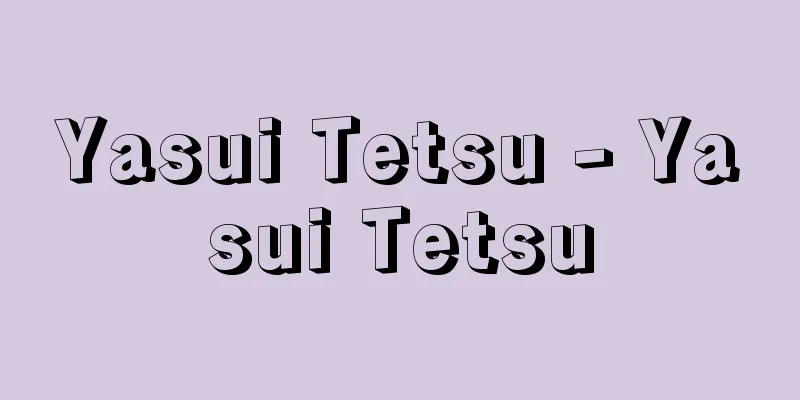Preface to the Sacred Teachings - Shogyo no Jo

|
The monk Huairen spent twenty-odd years selecting characters from Wang Xizhi's cursive script to match the prefaces and other texts that Emperor Taizong of the Tang Dynasty added to the Buddhist scriptures translated by Xuanzang, and inscribing them on a stone monument. It is said to be the most accurate record of Wang Xizhi's cursive script. Source: The Selected Edition of the Japanese Language Dictionary About the Selected Edition of the Japanese Language Dictionary Information |
|
中国、唐の太宗が、玄奘の訳した仏典に付した序文などの文章を、僧懐仁が二十数年がかりで王羲之の行書中から拾字してその文章にあてはめ、石碑に刻したもの。王羲之の行書を伝える最も正確なものといわれる。
出典 精選版 日本国語大辞典精選版 日本国語大辞典について 情報 |
>>: Commercial capital - English
Recommend
Kuemasu - I can eat it
…A marine fish of the family Grouper in the order...
Takamimusubi no Mikoto - Takamimusubi no Mikoto
A god in Japanese mythology. In the Kojiki, he is ...
Farmers' Alliance
A general term for farmer groups that gained influ...
Kamiyashiki
〘 noun 〙 In the Edo period, a mansion where a high...
Shujiang Brocade
Originally, the term meant brocade made in the Ch...
Goat - Goat
A general term for mammals of the genus Capra in t...
Ippei Wakao
Year of death: September 7, 1913 Year of birth: 6t...
General Transport Workers' Union - Unyuippanroso
...In the UK, the National Insurance Act of 1911 ...
Sakha Avtonomnai Sovetskai Sotsialisticheskai Respublikata
…Yakut people [Setsya Aoki] [Hideo Katsugi]. … *S...
Joint will - Kyodoigon
A will made by two or more people using the same w...
Pollution Prevention Agreement
An agreement between local governments, national g...
Crime of Destruction - Kikizai
A crime that physically damages someone else'...
Nine calendar years
This is the diary of Fujiwara no Morosuke. It was...
Meson - meson (English spelling)
Among the elementary particles that make up matte...
Bonseki - Bonseki
This is a traditional art unique to Japan that cr...

![Tajimi [city] - Tajimi](/upload/images/67cc20f7d91be.webp)
